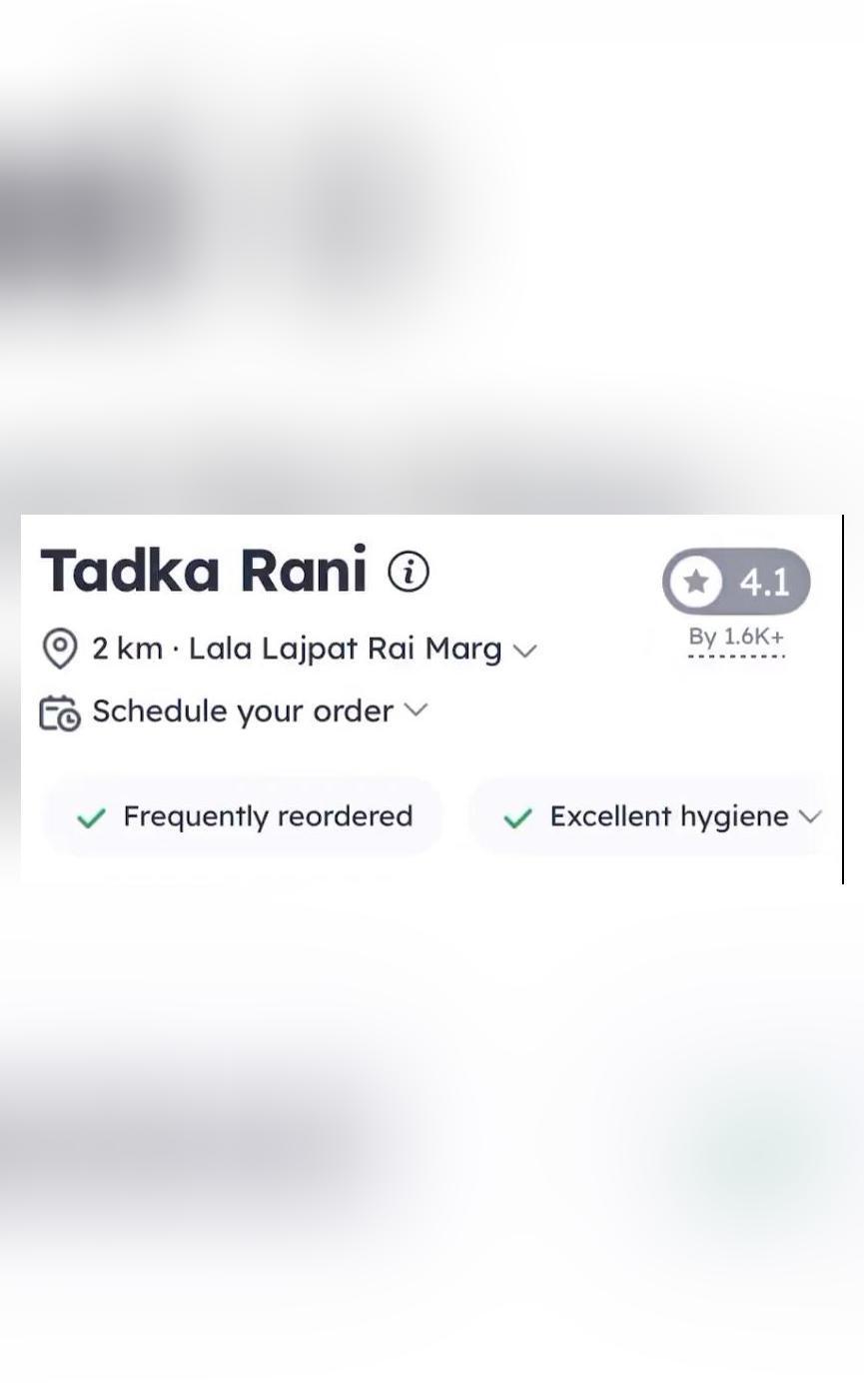
Eatery accuses Zomato of manipulation in Delhi, says ‘Shows us unavailable at peak hours’
The food delivery industry has been a booming market in recent years, with companies like Zomato, Swiggy, and Uber Eats dominating the scene. However, a recent accusation by a Delhi-based eatery, Tadka Rani, has raised questions about the practices of these food delivery giants. Co-Founder Gagandeep Singh Sapra has come forward with allegations of manipulation against Zomato, claiming that the company is intentionally showing their restaurant as “unavailable” during peak hours to increase commission.
According to Sapra, this issue has been ongoing for 31 days, and despite his efforts to escalate the matter, there has been no resolution. He claims that Zomato’s algorithm is designed to prioritize restaurants that pay a higher commission, resulting in Tadka Rani being shown as “unavailable” to customers during peak hours. This not only affects the restaurant’s sales but also damages its reputation.
Sapra shared a video on social media, showcasing the issue and comparing it to nearby outlets that continue to receive riders and orders. He alleged that Zomato is manipulating rider allocation to increase commission from over 52% to 99%. This means that for every order placed through Zomato, the restaurant would have to pay a significant percentage of the order value as commission, which can be detrimental to their business.
The accusation has sparked a debate about the practices of food delivery companies and their impact on small and medium-sized restaurants. While these companies provide a platform for restaurants to reach a wider audience, they also charge significant commission rates, which can be a burden for many businesses. The issue of manipulation and algorithmic bias is a concern that affects not only Tadka Rani but also many other restaurants that rely on these platforms for sales.
Zomato has responded to the allegations, stating that their algorithm is designed to prioritize restaurants based on factors such as delivery time, customer ratings, and availability. However, the company has not provided a clear explanation for why Tadka Rani is being shown as “unavailable” during peak hours. The company’s response has done little to alleviate the concerns of Sapra and other restaurant owners who feel that they are being unfairly treated.
The issue highlights the need for greater transparency and accountability in the food delivery industry. Restaurants and customers alike deserve to know how these algorithms work and how they affect the availability of restaurants on these platforms. It is essential for companies like Zomato to ensure that their practices are fair and do not prioritize profits over the interests of their partner restaurants.
The accusation against Zomato is not an isolated incident. There have been several reports of restaurants and customers experiencing issues with food delivery companies, including problems with order fulfillment, customer support, and commission rates. These incidents highlight the need for greater regulation and oversight in the industry to ensure that companies are operating fairly and transparently.
In conclusion, the accusation by Tadka Rani against Zomato is a concerning issue that raises questions about the practices of food delivery companies. The alleged manipulation of rider allocation and algorithmic bias can have significant consequences for small and medium-sized restaurants that rely on these platforms for sales. It is essential for companies like Zomato to prioritize transparency and fairness in their practices and to ensure that their algorithms are designed to benefit both restaurants and customers.
As the food delivery industry continues to grow, it is crucial that companies prioritize the interests of their partner restaurants and customers. This includes providing clear and transparent information about their algorithms and practices, as well as ensuring that their commission rates are fair and reasonable. By doing so, companies like Zomato can build trust with their partners and customers, which is essential for the long-term success of the industry.




